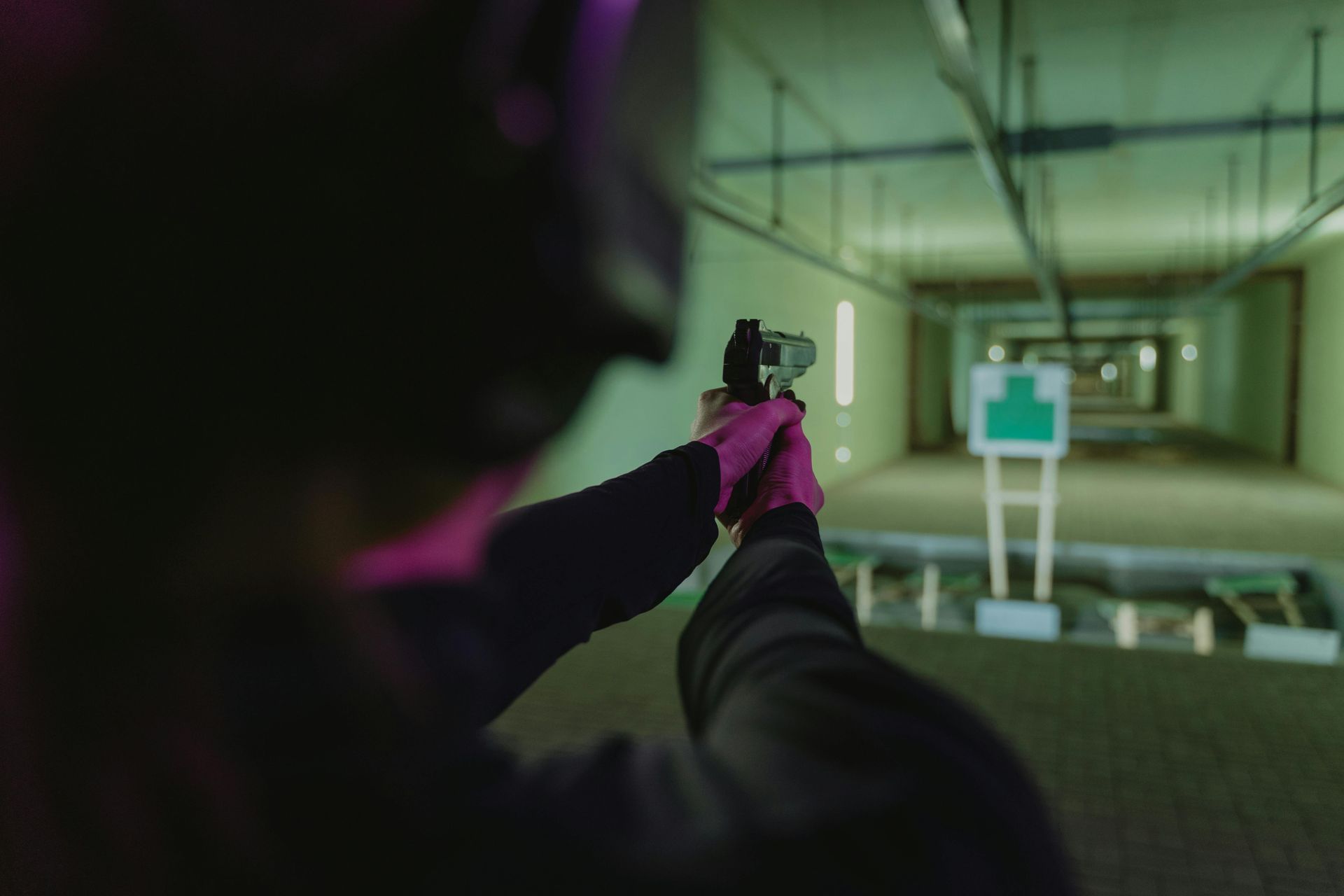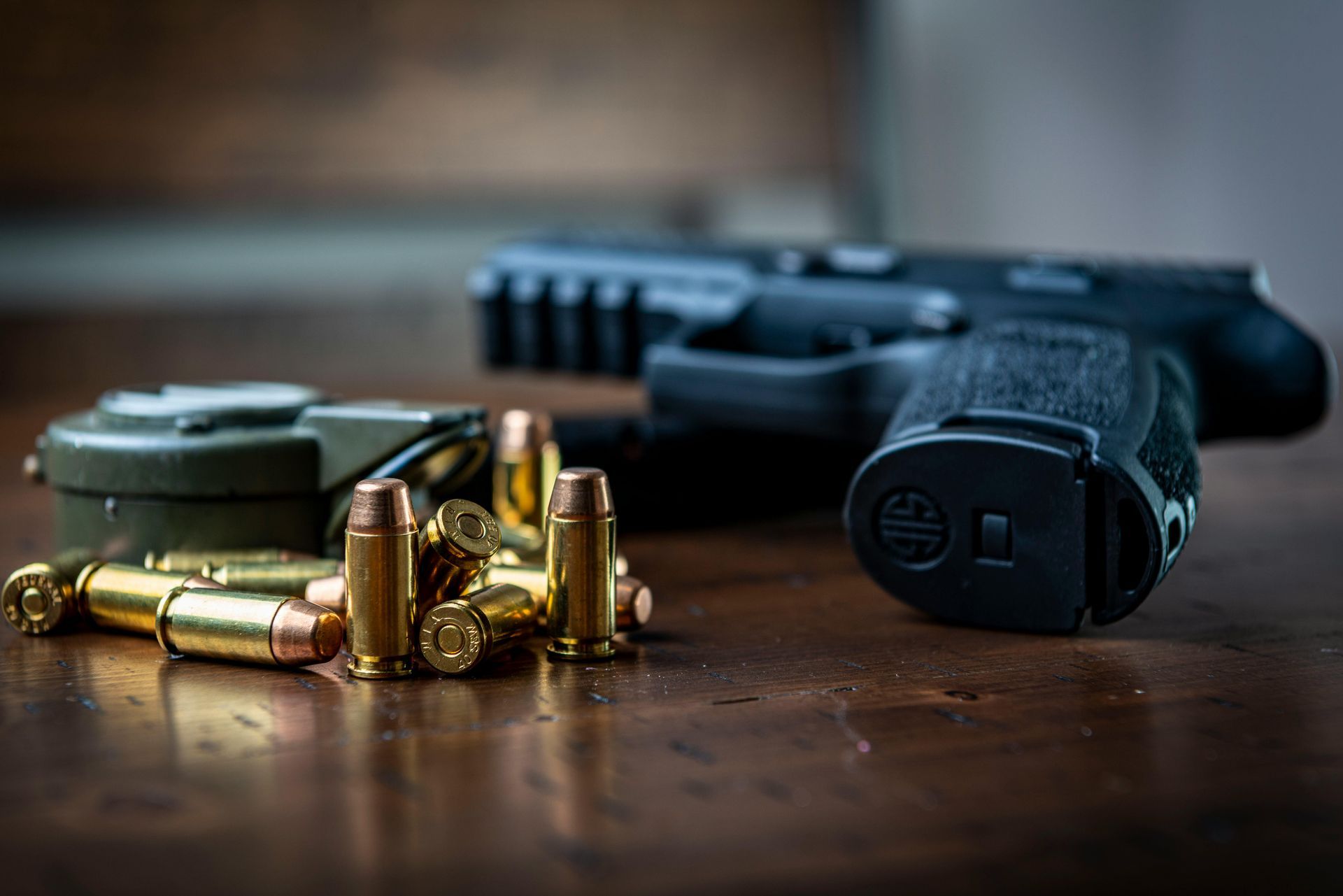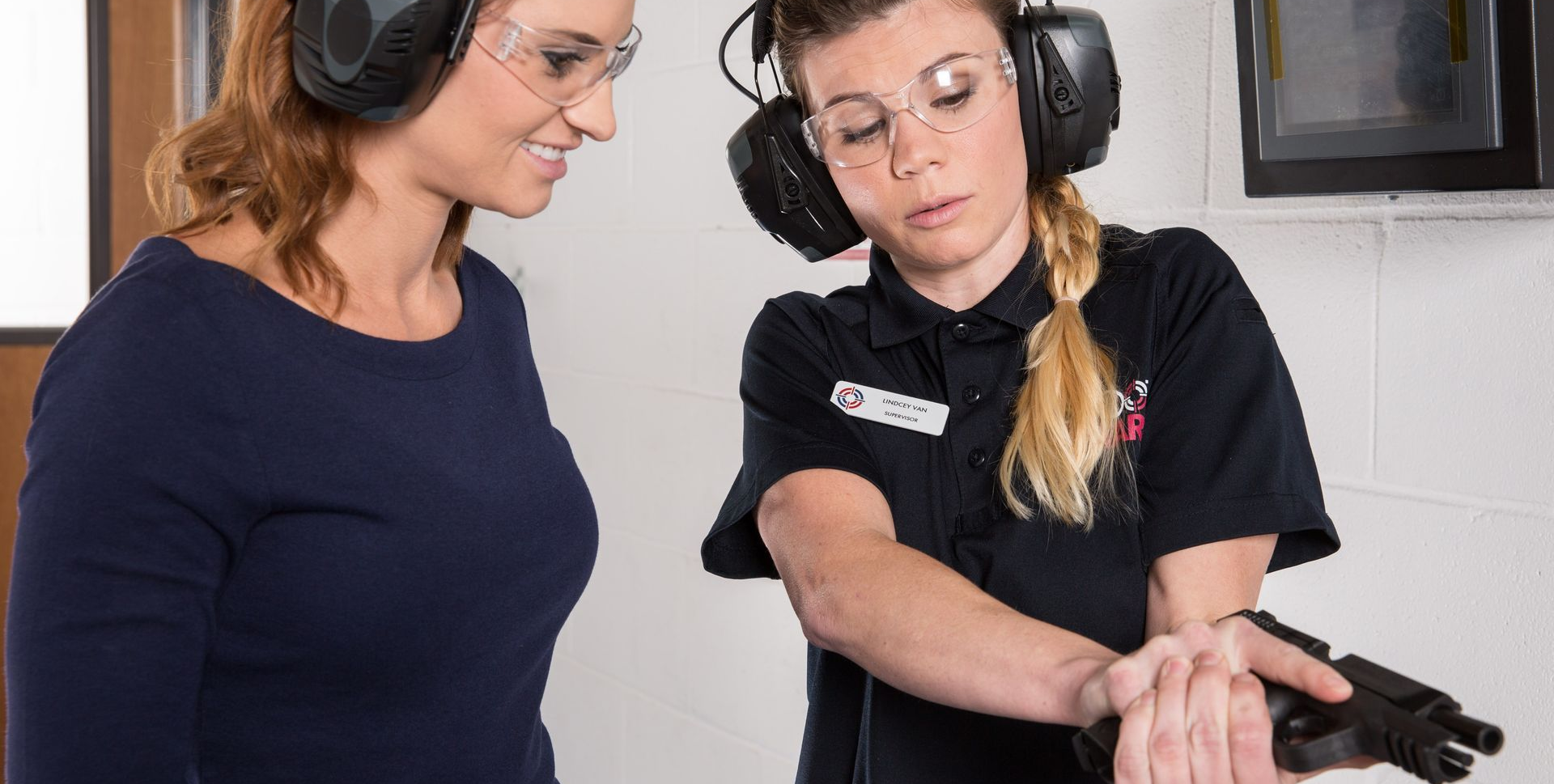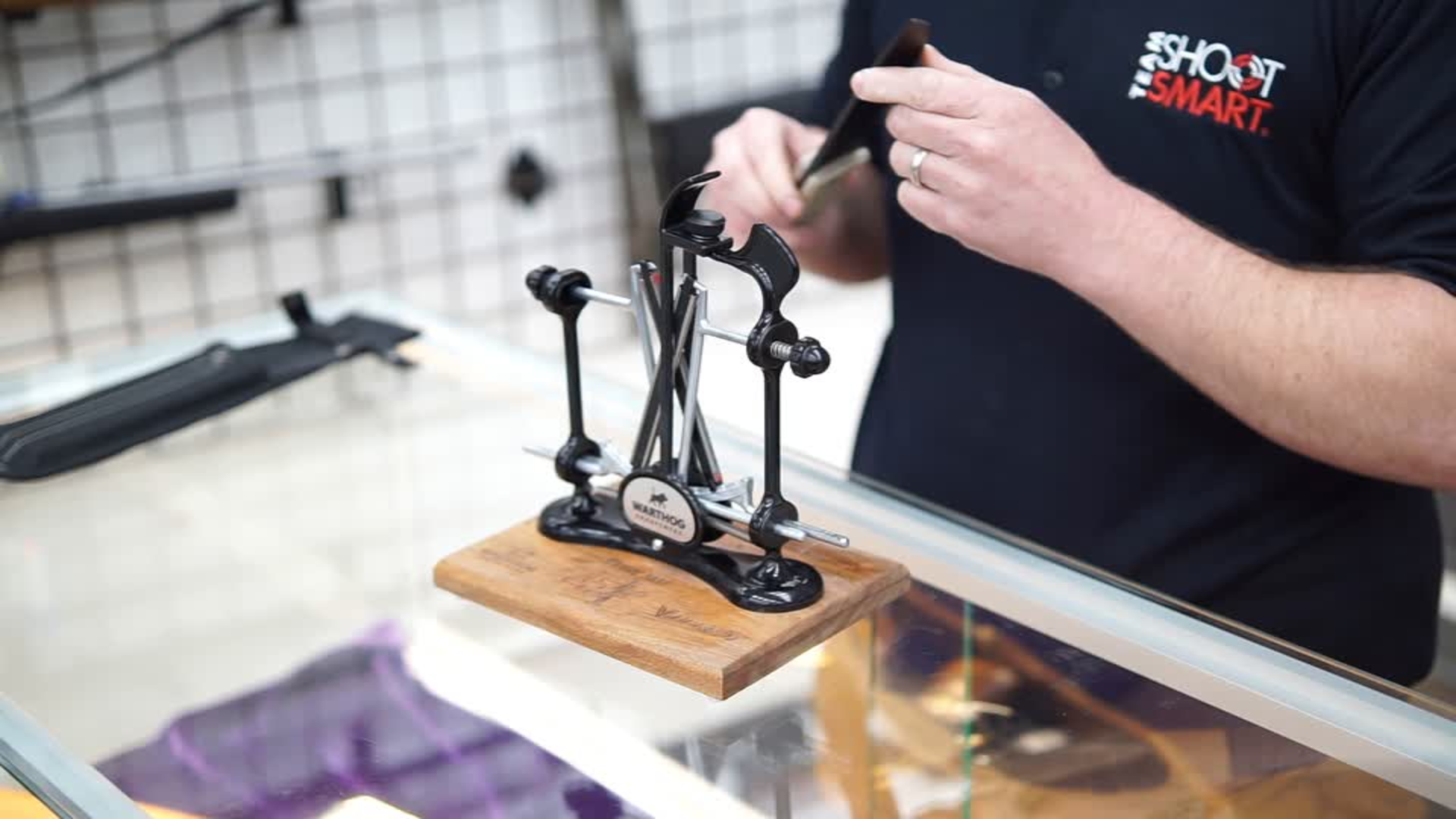Key Second Amendment Supreme Court Cases
Original article WRITTEN FOR US LAW SHIELD. Reposted with permission of US LAW SHIELD.
The Second Amendment protects and reinforces your right to bear arms. But what exactly is that right? How is it defined by the law? As the ultimate interpreter of American law, the Supreme Court of the United States (SCOTUS) tells us what the Second Amendment does—and doesn’t—protect.
Here’s a simplified breakdown of Second Amendment Supreme Court cases and their impact on our self-defense rights.
New York State Rifle & Pistol Association, Inc. v. Bruen (Pending)
The Problem
Robert Nash and Brandon Koch were denied a New York concealed carry license because they failed to show “proper cause.” New York’s licensing requirements define proper cause as a special need to defend yourself beyond the general desire to always be prepared. The two men, joined by the New York State Rifle & Pistol Association (a gun rights group), argued that denying the right to carry handguns outside the home for self-defense goes against the very purpose of the Second Amendment.
The Ruling
The Supreme Court heard arguments for this case in late 2021 and has not yet announced a decision. Whatever they decide, it’ll be the first time they’ve directly addressed a major issue regarding an individual’s right to bear arms since McDonald v. City of Chicago in 2010. And it could fundamentally alter how our self-defense rights may be regulated in the future.
As soon as this Second Amendment Supreme Court case is decided, we’ll give you a full breakdown on what it means for your rights.
United States v. Cruikshank, 92 U.S. 542 (1875)
The Problem
A group of individuals partially responsible for the 1873 Colfax Massacre in Louisiana were convicted under the Enforcement Act of 1870 for depriving other citizens of their First and Second Amendment rights.
The Ruling
In this Supreme Court case, every conviction was overturned . The Court noted that the Second Amendment protected individual rights only from the federal government. And the Fourteenth Amendment protected certain rights from state governments, not other people. Because individuals had infringed upon the rights of others, neither protection applied. It was the responsibility of the state government to protect its citizens from other citizens.
This ruling acknowledged that the Constitution doesn’t give us the right to bear arms, it simply protects it from Congress. This left states free to ignore the protections of the Bill of Rights and potentially restrict the rights of entire populations. Although it took 135 years, this was eventually overturned in McDonald v. City of Chicago.
Presser v. Illinois, 116 U.S. 252 (1886)
The Problem
Herman Presser led a group of roughly 400 men brandishing guns and other weapons (including a sword) in a military-style parade through the streets of Chicago. Presser and the men were part of a social club that supposedly trained people for the duties “expected” of them as citizens, including military practices. However, it was illegal ( and still is ) in Illinois not only to form private military organizations, but also to do any kind of military drills in the city without permission from the governor. Presser argued this infringed upon his Second Amendment rights because it prevented the people from being prepared to “answer the call of the nation” and protect liberty.
The Ruling
The Supreme Court held yet again that the Second Amendment applied only to the federal government , not state governments. (This ruling was also overturned in McDonald v. City of Chicago.) But there was a small win in this Second Amendment Supreme Court case. SCOTUS noted that there IS a limit to how far states can restrict gun ownership; states can’t ban the people from owning weapons, “so as to deprive the United States of their rightful resource for maintaining the public security…”
United States v. Miller, 307 U.S. 174 (1939)
The Problem
Jack Miller and Frank Layton were prosecuted for transporting a 12-gauge shotgun with a barrel length of less than 18 inches from Oklahoma to Arkansas without the registration or tax stamp required under the National Firearms Act (NFA). The two men argued that the NFA and restricting or taxing specific types of firearms violated the Second Amendment.
The Ruling
The Supreme Court held that the NFA, which places registration requirements on machine guns, short-barreled weapons, destructive devices, and other unique firearms, does not violate the Second Amendment. SCOTUS reasoned that the weapons regulated by the NFA aren’t reasonably related to maintaining a “well regulated Militia,” so aren’t protected by the Second Amendment.
Some things to note in this Second Amendment Supreme Court case are that Miller’s court-appointed attorney never showed up because he was never paid and, unfortunately, Miller was shot to death before a decision was given. So, no one was able to argue why they believed the law was unconstitutional. This means SCOTUS heard only the government’s side of things.
Barrett v. United States, 423 U.S. 212 (1976)
The Problem
Pearl Barrett, a previously convicted felon, was charged with violating the Gun Control Act of 1968 (GCA) after purchasing a gun that was involved in interstate commerce before reaching the retailer’s shelf. Barrett believed this charge didn’t apply to him because he had nothing to do with the gun before it showed up at his local federally licensed dealer.
The Ruling
The main takeaway of this Second Amendment Supreme Court case is that the Court again upheld gun control laws . SCOTUS said the section of the GCA barring felons from receiving any gun through interstate commerce applied to any firearm that had ever moved in interstate commerce, regardless of if that was before the felon purchased it; the GCA was meant to “keep firearms away from the persons Congress classified as potentially irresponsible and dangerous.” But applying Barrett’s logic would essentially create a loophole, preventing felons only from purchasing guns directly from retailers located in other states. At the end of the day, Barrett was a convicted felon, and his purchase of a firearm was illegal.
Recent Posts






